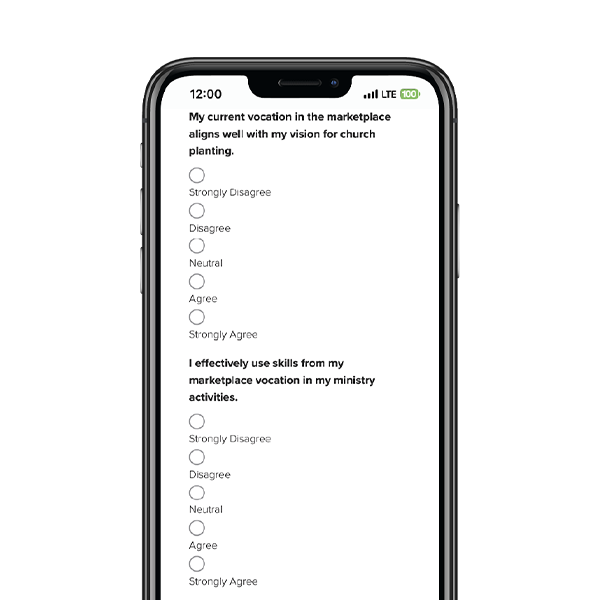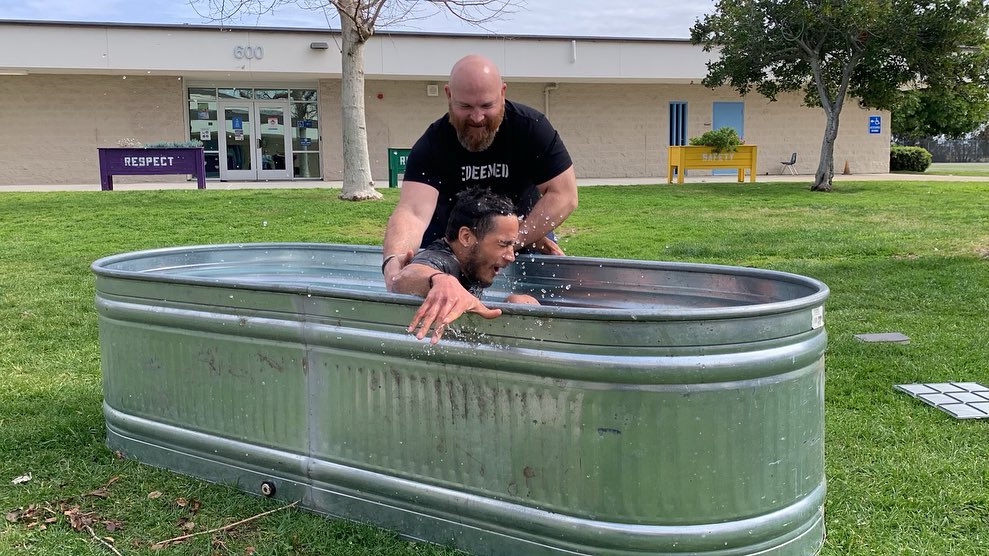It had been about a year since our church launched a young church planter to Central Asia to begin work there as a pastor. And though he had good preparation in the church before he began, as well as solid schooling prior to that, I’ll always remember what he said to me in a FaceTime conversation one day: “It’s clear I’m no longer an intern.”
We both chuckled, but I realized he was experiencing the reality of things that, in his months of interning here, were simply theory. And he wasn’t alone. Other planters we’ve sent out have emailed or called with precisely the same sentiment. Truly, some aspects of a journey are quite difficult to explain until one actually walks the path for himself.
Seeing this planting phenomenon occur repeatedly, I began pondering this question: “What would I say to a young church planter after his first year?”
No doubt there are a multitude of disciplines and duties that one could — and should — embrace in their leadership journey. But if I had to narrow it down to a nuts-and-bolts, non-negotiable, do-or-die set of actions — a bit of one-year advice that would encourage them relationally, help them practically, and edify them spiritually — here are three I’d press hard upon them every time.
1. Learn to listen. You’ll notice I didn’t only or simply say “listen” but, rather, “learn to listen.” It’s not our natural tendency. We, instead, love to talk. So young pastors need to develop their listening skills. How? Hear the message people are sending, not just the words they are saying. Body language, tone, eye contact, inflection, and posture are just a few of the ways to hear more than spoken syllables. And after hearing, ask questions. Dig deeper, without being intrusive. In fact, I have found that a simple way to develop dependable ears is to inquire of them, at the appropriate place in the conversation, “So let me see if I heard you correctly …,” followed with a brief summary of what you believe they said. Ironically, as you learn to listen, you’ll learn by listening. Remember, few things bring growth and credibility like truly listening well, which is why the best leaders are the best listeners.
2. Develop long-distance eyes. Ministry is a marathon, not a sprint. This is especially true of church planting. Young pastor, habitually envision what it will be like in 10 years, even 20 years, as you continue in what you have learned. You will be tempted to quit too soon, to stop too early. You’ll be lured by many things to take your eyes off the goal and chase something else. In a word, don’t. Frankly, all you do when you think and act based on the short-term is trade your current set of negatives for a different set of negatives — usually ones that will take longer to deal with since you’re starting over. Don’t delay the joy and fruitfulness of long-term stability by uprooting your work every few years. Keep your hand on the plow and your eyes on the harvest.
3. Pursue and practice humility. Simply put, give away credit every chance you get. Accept responsibility at every turn. Hold yourself accountable as you do others, if not more. Defer praise, while finding the nugget of truth in the criticisms that come your way. Place yourself under authority if you wish to be in authority. At every turn, humble yourself so God won’t have to do it later.
Admittedly, this list isn’t exhaustive, nor inspired. But neither is it untrue or heretical. It’s simply high-priority actions I have experientially found to be of utmost importance, things that have proven — in both my faithfulness and failures — to be highly impactful to others and developmental to me personally.
So to all the young planters who are realizing, after their first year or so, that “I’m no longer an intern,” aim to listen in the moment, look to the future, and take the low position of humility.
Published June 13, 2018




